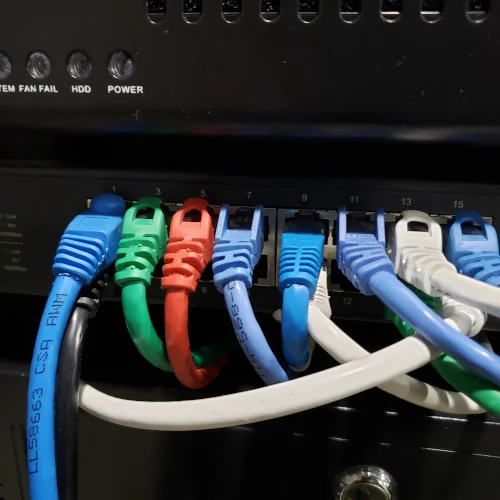Linux Looks Toward Dropping Very Old WiFi Drivers

Earlier this week Arnd Bergmann sent out an RFC message suggesting a number of old wireless drivers be demoted to the Linux kernel's staging area. He reasoned:
"While looking at the old drivers using the obsolete .ndo_do_ioctl() callback, I found a number of network drivers that are especially obsolete, in particular for 802.11b (11Mbit/s) or even older wireless networks, using non-busmaster ISA/PCMCIA style bus interfaces, and using the legacy wireless extension ioctls rather than the netlink interfaces that were meant to replace them in 2007. All of these drivers are obsolete or orphaned."
Among the drivers suggested for this demotion include drivers for various 802.11b era PCMCIA and mini-PCI devices, the Planet WL3501 for pre-802.11b 2 Mbit/s hardware, and one of the newer drivers is the Wireless RNDIS USB driver used for some 802.11b/802.11g hardware from 2004 to 2006 but isn't maintained and already marked as legacy. Plus the possibility of a few other out-of-date WiFi drivers but that may still have users like the Intel IPW2x00 for various 802.11a/b/g hardware in Centrino laptops, the Sony PlayStation 3 Ethernet driver, Marvell Libertas, and some Broadcom B43xx devices.
While the initial plan was to just move these drivers to the staging area, Greg Kroah-Hartman chimed in that they should just be removed from the kernel straight-away. The Linux kernel's staging area is for code being cleaned up for eventually being mainlined, not as a place to be demoted to for its eventual removal out of the kernel. So he suggested the drivers be removed one-by-one from the mainline kernel and the respective patch(es) can be easily reverted in the future if there turns out to be active users of the old wireless hardware that are also still actively upgrading to new Linux kernel versions.
Long story short, look for some of the old 802.11b era and older PCMCIA-style wireless drivers to be likely on the chopping block soon given that they are unmaintained, use old interfaces, no apparent users, and do have a maintenance burden for the ongoing Linux kernel development.
59 Comments

